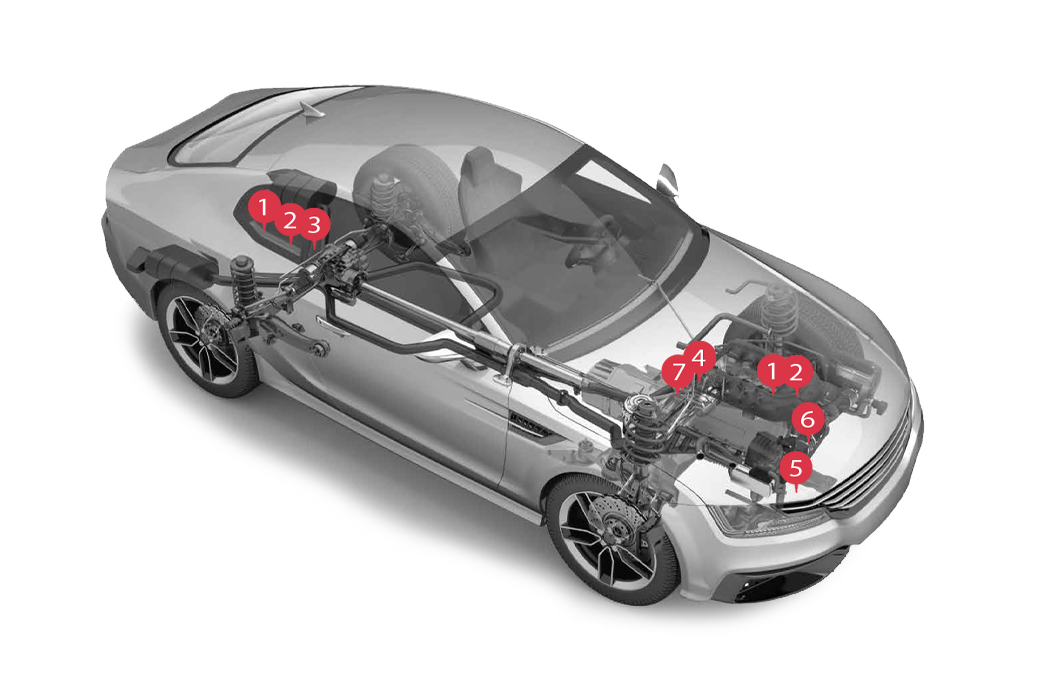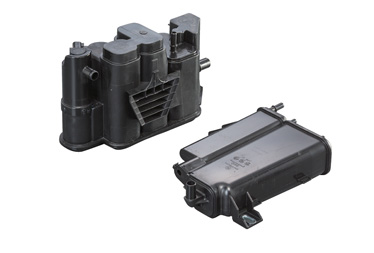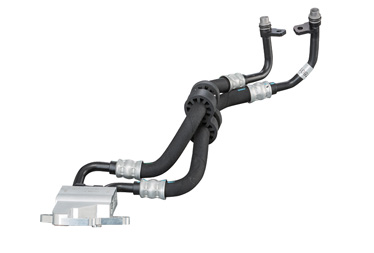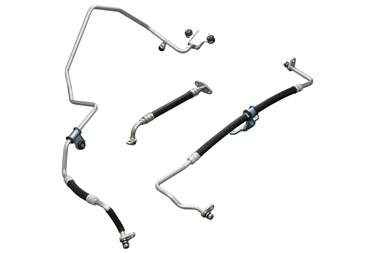Hoses
Our automotive hoses, manufactured at SumiRiko Tennessee, run the length and breadth of the inside of vehicle chassis and are prized for their technology which combine rubber and resin.
They are used in many parts of the vehicle from around the engine to around the fuel tank due to their superior heat resistance, impact and vibration absorption and light weight properties.





 Rubber Fuel Hoses
Rubber Fuel Hoses
 Resin Fuel Hoses
Resin Fuel Hoses
 Canisters
Canisters
 Air Control Hoses
Air Control Hoses
 Water Hoses
Water Hoses
 Oil Hoses
Oil Hoses
 Air Conditioning Hoses
Air Conditioning Hoses
